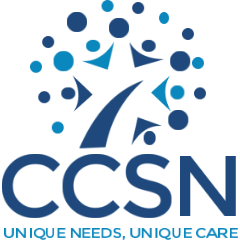
Early Learning Center
The Early Learning Center (ELC) is individualized to meet the developmental needs of your young child with autism. Our clinicians create flexible learning environments to accommodate and support each child’s unique learning needs. Programming Includes:
- Half-day and full-day programs available, including weekend hours
- Toddlers and pre-school age children
- 1:1 learning ratio
- Learning readiness skills
- Specialized and developmentally guided treatments including:
- Early Start Denver Model (ESDM)
- Functional communication training
- Social skills instruction through on-site play groups
- Activities of daily living including toilet training
- Intensive parent training
- Coordination with related services provider
- Support to community daycare providers
- Transition support into preschool and kindergarten programs
- On-going enrollment














